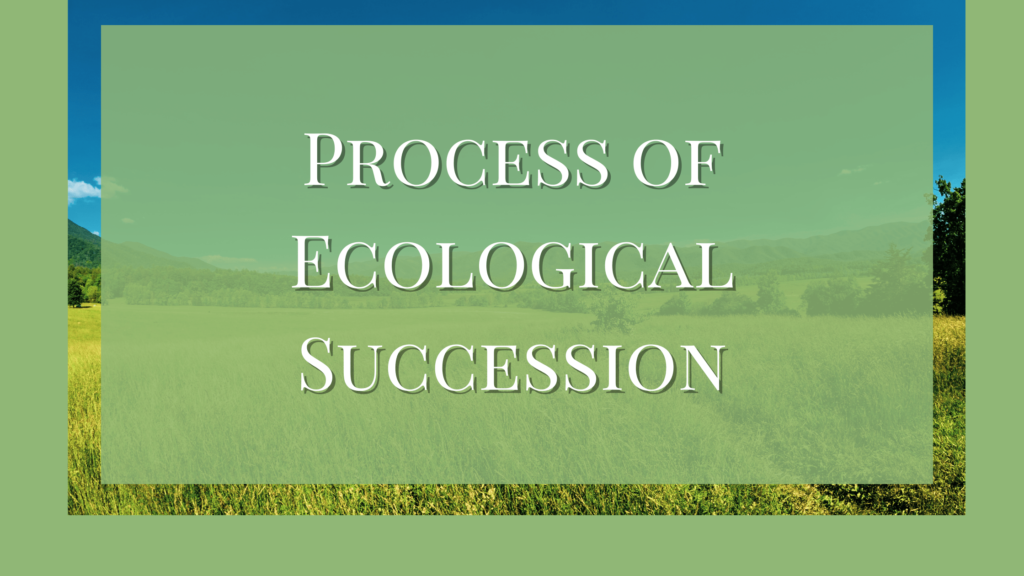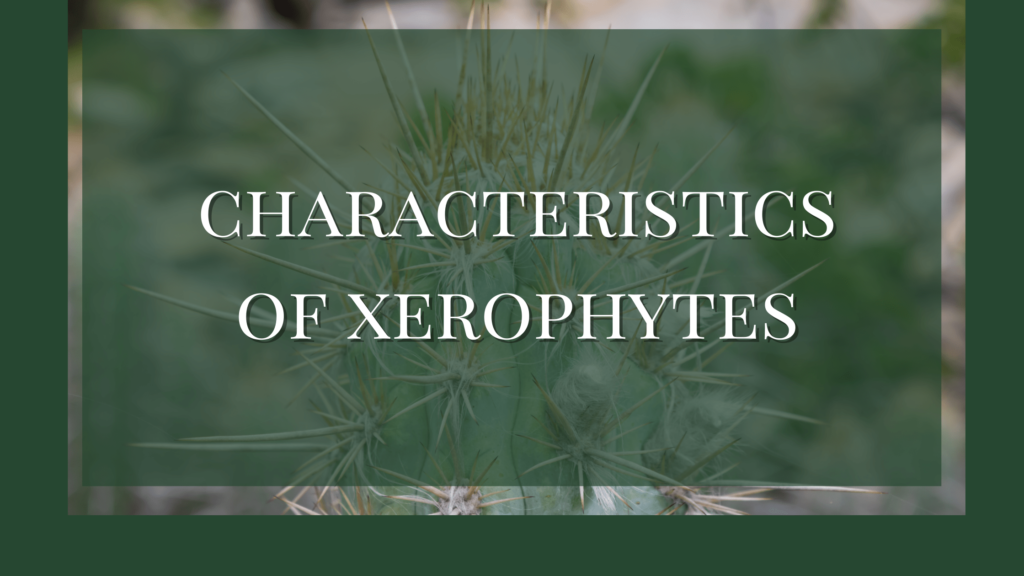Herbivory Definition, Importance, and Adaptations
Herbivory is the interaction between the primary consumers (herbivores) and the primary producers (plants).
Usually, the consumption of a living organism by another organism is called predation. The organism that consumes is the predator and the one that is consumed is called the prey. When the predator is a herbivore and the prey is a plant, the predation is called herbivory. Herbivores may consume any part of the plant body, both above and below the soil.
Herbivory Definition
Animals that consume only plants or take their food directly from plants are called herbivores and this process of consuming plants is called herbivory. One can also say that the action of herbivores is called herbivory.
Through herbivory, plants support a large population in an ecosystem from minute insects to larger animals such as deer. This is one of the most significant processes in an ecosystem. It is a necessity and can also be harmful to the environment. Depending on what part of the plant they consume as well as the amount consumed, the impact on plants can be beneficial or harmful.
Importance of Herbivory
- Low to moderate levels of herbivory promote plant growth. When animals such as deer, cows, etc consume the mature leaves of a plant, it promotes vigorous lateral growth of these plants.
- At the same time, if they are to eat the growing buds of the plant, it can retard the plant growth and can eventually lead to the death of the plant as well.
- Birds that feed on the fruits of the plants help with seed dispersal and play an important role in the migration of the plants. Moreover, they also help with pollination.
- It can be a natural way of pruning which is beneficial for the plants. Herbivores help prune the plant naturally. This reduction in leaves will allow other leaves which were previously devoid of sunlight to get more light. This will also allow the seed growth that falls from the plant.
- Herbivores leave litter on the ground, improving the nutrient content in soil. Their feces also contribute to soil nourishment.
- It will also help control the weed population and serve as a natural control.
Adaptations of Plants
Herbivory is beneficial only on moderate levels, anything more than that can be harmful to the plants. To protect themselves from such predation, plants are equipped with certain mechanisms.
Plants that are ‘attacked’ may release certain chemical compounds that either repel the herbivores or attract their predators. Tannins, phenols, essential oils, terpenes, alkaloids, etc are such compounds.
Association with insects such as ants and other microorganisms is another defense mechanism that the plant exhibits. The presence of these insects makes the plant unavailable for the herbivores.
How do herbivores overcome the challenges?
Even with such defenses, herbivores are also adapted to overcome with their own mechanism. This shows the unique and strong relationship between plants and herbivores. In a way, they are in a constant battle. It is this battle that plays an important role where you see herbivores preferring certain plants over others or avoiding a particular plant. This process is known as plant host specificity.
This constant battle of the plants with herbivores forces them to adapt to the situations and make necessary changes in their growth stages. These changes will eventually lead to the evolution of new characteristics, physiologically and morphologically. Such changes would also trigger changes in the behavior patterns of the herbivores.
Conclusion
Thus herbivory is an important process for an ecosystem to enable stronger relationships among the organisms and triggers their evolution.
References
- Herbivory: eating plants. (n.d.). The Australian Museum. https://australian.museum/learn/animals/insects/herbivory-eating-plants/
- Herbivory and Its Effects | Trees for Life. (2023, June 20). Trees for Life. https://treesforlife.org.uk/into-the-forest/habitats-and-ecology/ecology/herbivory/
Additional Reading
- Commensalism: Definition &Types
- What Is Predation? Definition & Importance
- Mutualism: Definition, Types & Specificity




